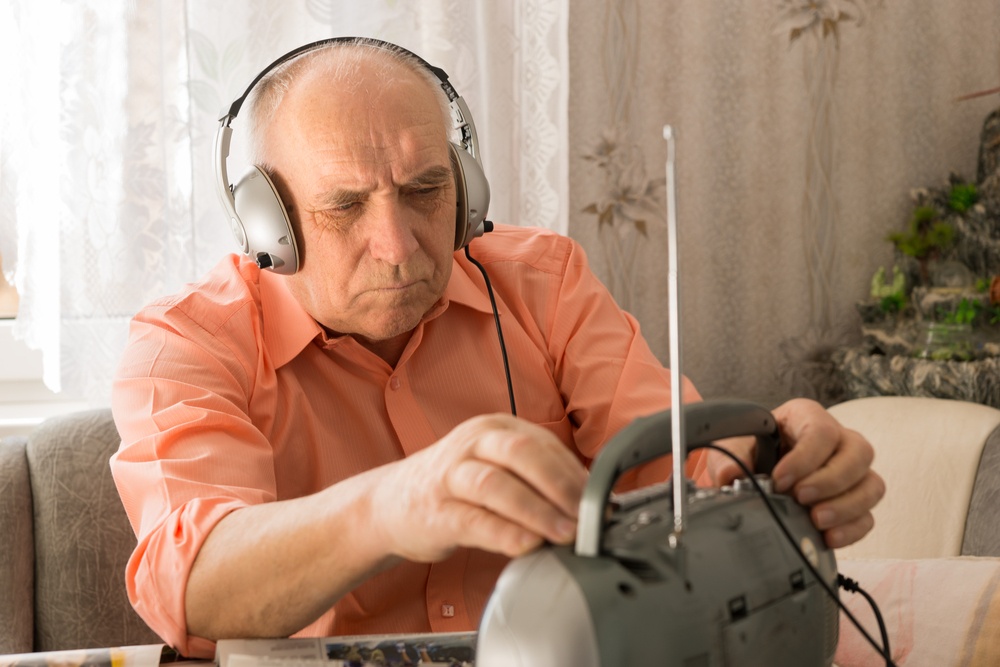Social distancing and isolation can have a long-term consequence on your mental health. While coping with stress can feel tedious, however, being aware of what keeps you from coping is essential. Being self-aware will help you cope with quarantine better.
Covid-19 outbreak has led people to engage in social distancing as a critical way to help “flatten the curve” – to help keep infection rates as low as possible.
While quarantining yourself at home plays an important role in preventing the spread of coronavirus. However, this doesn’t mean that coping with the disruption in your normal routine is easy. Spending time in quarantine can take a serious mental and physical toll. The isolation can leave you feeling – you no control over the situation. This can lead to poor sleep, poor cardiovascular health, lower immunity, depressive symptoms, and impaired functions.
Quarantine may be only temporary, but even brief periods of isolation and loneliness can impair your function skills – difficult to focus, manage your emotions, remember information… It impacts three key elements of mental health: autonomy – the freedom to have control over one’s life, competency – efficiently perform daily routine, and connectedness – staying connected.
Know that the psychological distress is common both during and after periods of quarantine and can have long-term consequences as well.
- Fear
- Sadness
- Numbness
- Insomnia
- Confusion
- Anger
- Post-traumatic stress symptoms
- Depressive symptoms
- Low mood
- Stress
- Emotional disturbance
- Irritability
- Emotional exhaustion
Such feelings are normal given the circumstances. However, there are steps you can take to protect your mental health and well-being while coping with a quarantine.
Factors that affect your coping
It is important to remember that everyone copes with stress differently. Here are the factors that influence your coping mechanism.
Your current mental health – Previously existing mental/emotional conditions including feeling depressive and anxiety, can impact an individual’s ability to cope.
How you deal with stress – If you tend to be fairly resilient in the face of stress, you may have coping skills that will allow you to manage being quarantined without many negative effects. But if you are not resilient enough this could cause you more anxiety. Hence it is important to be self-aware.
Your Personality – Personality differences might have an effect on how you cope. Extroverts, for example, may struggle more with the feelings of loneliness that isolation brings. They may experience more loneliness or find staying home more difficult.
People with more introverted personalities tend to enjoy solitude, so they may have an easier time coping with reduced or limited social interactions. So, they may actually cope pretty well during quarantine – at least for some time.
However, all personality types need social contact, so finding ways to connect with others in some way is still essential.
How long you are in quarantine – The duration of quarantine is a key factor in determining how well people cope. Research suggests that minimizing the length of quarantine can help.
The longer restrictions last, the more pronounced the effects will be. While there may be a minimum time period required in order to mitigate potential disease spread, such as the recommended 14-day self-isolation to minimize the risk of spreading coronavirus prolonging quarantine beyond the recommended time may cause greater detriments to mental well-being.
Things you can do to cope
Here are some steps that will help mitigate some of the negative mental health effects of quarantine.
Establish routines –The disruption in your normal daily routines can be one of the most difficult aspects of quarantine. This can leave you feeling directionless as you try to figure out how to fill all the hours of the day.
If you’re trying to keep small kids entertained while stuck in the house, or even trying to keep working amidst it all, it’s important to find a routine that works for you. Plan out activities that will keep everyone busy so you can get some work done. Try creating a daily schedule, but don’t get too wrapped up in sticking to a strict routine. Make your own routines and break up the day in order to stave off monotony.
Be as active as possible – Even relatively short periods of physical inactivity can have an impact on your health, both mentally and physically. One study found that just two weeks of inactivity could lead to reductions in muscle mass and metabolic effects.
Fortunately, there are plenty of at-home workouts – YouTube it,that can help keep you moving even when you are stuck inside the house. Your quarantine may be brief, but staying active may help you feel better and maintain your fitness levels. It’s also a great way to help combat the sense of malaise and boredom that can come from being stuck inside day after day.
Combat Frustration and Boredom – Some of the distress of being quarantined stems from boredom and frustration. Finding ways to stay occupied is important, so try to maintain as many of your routines as you can. Find new activities to fill your time, whether it’s organizing your closet or trying out a new creative hobby.
Getting things done can provide a sense of purpose and competency. It gives you something to work towards and something to look forward to each day. So make a plan, list some things you’d like to accomplish, and then start checking a few things off your list each day.
Stay connected – Staying in contact with other people not only staves off boredom, but it is also critical for minimizing the sense of isolation. Stay in touch with friends and family by phone and text. Reach out to others on social media. If possible, join a support group or discussion board specifically for people who are in quarantine. Talking to others who are going through the same thing can provide a sense of community and empowerment.
Stay informed, but not overwhelmed – People tend to experience greater anxiety when they feel like they don’t have access to the information that they need. On the other hand, however, is the sense of panic that can stem from being immersed 24/7 in reports that focus on inaccurate or overly negative information. Rather than spend your time watching news, focus on getting helpful information from trusted sources. Sources such as the Centers for Disease Control and Prevention (CDC), World Health Organization (WHO), state and local health departments, and your doctor can all be helpful.
A word from Seniors Today
Preventive measures such as quarantine, social distancing, handwashing, and other safety precautions can all play an important role in preventing the spread of Covid-19.
Finding ways to protect your mental health when you are in quarantine is important since research has shown that this type of brief isolation can potentially have a number of detrimental effects, from low mood and irritability to symptoms of (Post Traumatic Stress Disorder) PTSD and anxiety.
Staying busy, keeping in contact with others by phone and social media, and maintaining a sense of structure are just a few key ways that you can mentally manage your quarantine.




